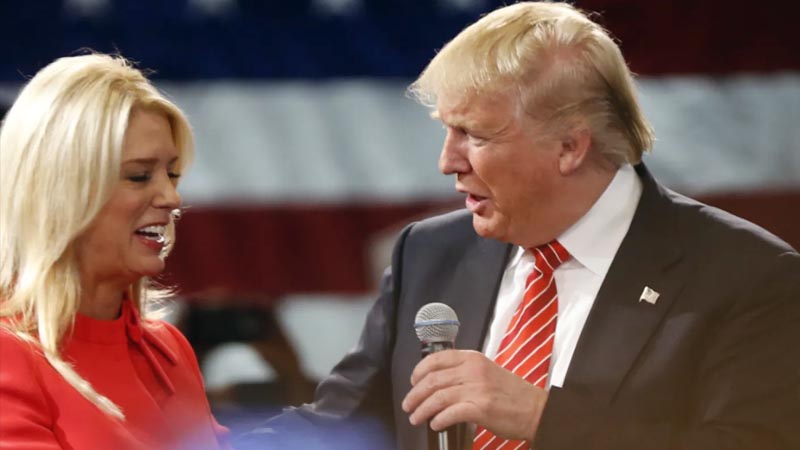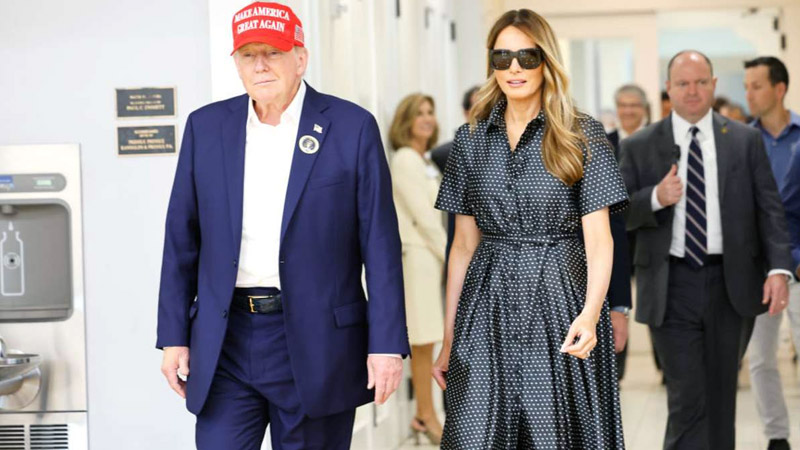Caitlyn Jenner Supports Ban on Transgender Athletes in Women’s Sports on Long Island, New York

Screenshoot/ GBNews Youtube
Olympic gold medalist Caitlyn Jenner made a public statement on Monday expressing her support for a local New York official’s directive that prohibits female sports teams with transgender athletes from utilizing county-owned facilities. This directive, issued by Nassau County Executive Bruce Blakeman, affects more than 100 athletic venues in the Long Island suburbs of New York City.
During a joint appearance with Blakeman at his office in Mineola, Jenner articulated her belief that permitting transgender athletes to compete against women would have long-lasting detrimental effects on women’s sports. Blakeman, a Republican who assumed office in 2021, issued an executive order in February mandating that any teams, leagues, or organizations seeking permits from the county’s parks and recreation department must explicitly specify whether they cater to male, female, or mixed-gender athletes.
Teams designated as “female” would be denied permits if they allow transgender athletes to participate. It’s important to note that this ban does not extend to men’s teams with transgender athletes and encompasses all Nassau County-owned facilities, including various sports fields, courts, pools, and rinks, told AP News.
“Let’s stop it now while we can,” said the reality television star, who came out as a transgender woman in 2015. The LGBT Network, a Long Island-based advocacy group, called Jenner’s comments a “baffling contradiction” to her own identity as a transgender woman that is “not only hypocritical but also harmful” to the LGBTQ community.
“It is disheartening to witness someone who has experienced the challenges of being marginalized actively contribute to the oppression of others within the same community,” David Kilmnick, the group’s president, said in a statement. “Such actions only serve to amplify the voices of intolerance and detract from the collective efforts towards a more inclusive society.”
Jenner, aged 74, who notably competed against men when she clinched the Olympic gold medal in the decathlon in 1976, voiced her “sympathy” for LGBTQ individuals while emphasizing her stance on safeguarding the integrity of women’s sports. She argued that allowing transgender individuals to compete alongside women would undermine the strides made by female athletes under Title IX, a federal law prohibiting sex discrimination in federally funded educational programs.
Asserting her intentions to protect women, Jenner, a vocal supporter of former President Donald Trump, has consistently opposed the participation of transgender athletes in women’s sports. Despite being a New York native, she has resided in the Los Angeles area for an extended period and pursued a Republican candidacy for California governor in 2021, albeit unsuccessfully.
Blakeman defended the ban as an effort to ensure fair competition and prevent potential injuries to girls and women in contests involving transgender women. However, critics argue that the order encompasses sports like swimming, gymnastics, figure skating, and track, where physical contact between competitors is minimal, thus raising questions about its necessity.
Furthermore, the executive order shifts decision-making authority regarding player eligibility from sports leagues to the government, prompting legal challenges. The Long Island Roller Rebels, a local women’s roller derby league, has filed a lawsuit seeking to invalidate the county order, citing violations of state anti-discrimination laws.
The New York Civil Liberties Union, representing the league, condemned Jenner’s involvement in what they deemed as another attempt to target and vilify transgender women and girls. Attorney General Letitia James, a Democrat, echoed these sentiments, labeling Blakeman’s order as “transphobic and discriminatory,” and asserting its contravention of state law.
In response, Blakeman has filed a lawsuit in federal court in New York seeking validation of the legality of his order. This directive is part of a broader trend of anti-transgender athletic restrictions being implemented across the United States, with approximately 24 states passing bills that prohibit transgender youth from participating in sports, though legal challenges have impeded the enforcement of some of these measures.


